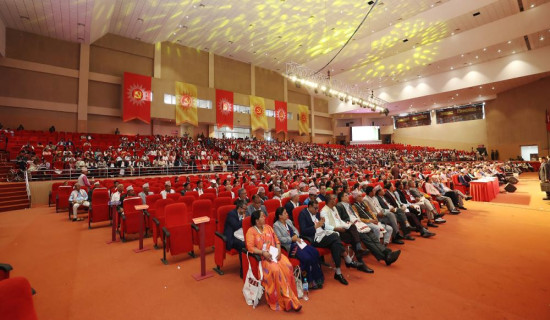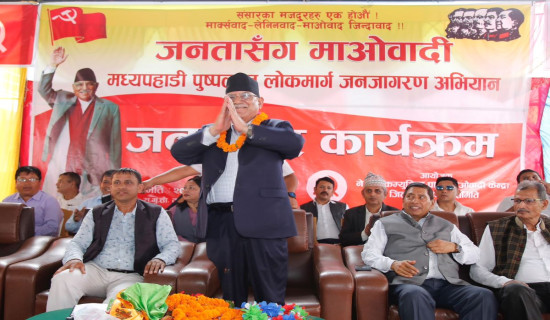- Monday, 8 September 2025
Stakeholders from four districts voice for protecting Gandaki Civilization
Rampur (Palpa), June 9: Stakeholders from four districts in Gandaki Province have emphasized the urgent need to protect the Gandaki civilization. They expressed their views at a programme organized by the Kaligandaki Tinau Diversion Annulment and Kaligandaki Civilization Protection Campaign in Rampur, Palpa, on Sunday.
The programme, coordinated by Rampur Municipality, brought together concerned stakeholders from Palpa, Syangja, Tanahu, and Nawalpur (East Nawalparasi). They shared the opinion that projects such as the Kaligandaki Diversion Project, Kaligandaki Reservoir-based Hydropower Project, and Upper Kaligandaki Project could potentially cause water shortages in the downstream areas and damage natural heritage sites.
Highlighting the importance of the Kaligandaki River, they stressed the need to promote religious tourism and implement projects that fully utilize the river’s water for river side areas, thereby preserving the 'Gandaki civilization'.
Raju Prasad Shrestha, President of the Finance, Industry, and Tourism Committee of Lumbini Province, stated that people living in the riverside areas along the Kaligandaki River oppose the diversion project. He added that the issue of the Kaligandaki Diversion affects both Lumbini and Gandaki Provinces and thus requires dialogue and discussions at the central government level.
Shankar Prasad Pandey, coordinator of the Kaligandaki Tinau Diversion Annulment and Kaligandaki Civilization Protection Campaign and former lawmaker, stressed that the consent of local communities who consider the Kaligandaki River as their 'mother' is essential before implementing any projects related to the river. Despite a court ruling permitting the Kaligandaki diversion project involving gravel and sand extraction, he argued that no actions should proceed without the cooperation of the local people.
Chaitanya Krishna Maharaj, President of the Kaligandaki Knowledge and Science Promotion Foundation, stressed the importance of promoting the religious and cultural significance of the Kaligandaki River to prevent human encroachment on its natural flow. He said, “The primary rights belong to the riverside communities. Therefore, it is crucial to conduct public awareness campaigns.”
Rampur Municipality's mayor Raman Bahadur Thapa, emphasized the need for local residents of the lower riparian area to be alert to prevent the expansion of the Kaligandaki diversion project. He mentioned that the diversion poses a concern as it would affect the ecology along with the Kaligandaki civilization.
The Chairman of Rambha Rural Municipality, Bishnu Prasad Bhandari, stated that it is necessary to highlight the importance of the Kaligandaki to the world.
The Mayor of Gaindakot Municipality, Madan Bhakta Adhikari, mentioned that the people of the lower riparian area depend on the Kaligandaki River for water sources, emphasizing on the need to stop the Kaligandaki Diversion Project.
The Chairman of Devghat Rural Municipality, Til Bahadur Thapa, pointed out that the diversion has caused concern among the saintly figures of religious sites including Devghat, which is a centre of faith for millions of devotees.
The chairman of Baudikali Rural Municipality, Prakash Ojha, expressed solidarity against the Kaligandaki Diversion Project and stated his intention to fight until the end for 'protecting' the civilization of Kaligandaki.
The discussion about the Kaligandaki Diversion began in 2064 BS and came under widespread criticism after it was included in the federal government's policies and programmes of 2071 BS. In 2078 BS, a writ was filed against the diversion project in the Supreme Court. After the Supreme Court dismissed the writ, the controversy resumed.
The government's plan under the Kaligandaki-Tinau Diversion Multisectoral Project is to divert the water of the Kaligandaki River into the Tinau River in Butwal. The writ claimed that the government's decision to divert the water from the Kaligandaki River would destroy the existence of the Gandaki River, which is linked to Nepal's civilization and culture, and would be an affront on the faith of the Hindus.
Although the Supreme Court dismissed the writ, local governments in the region are committed not to allow the project to proceed ahead.
---

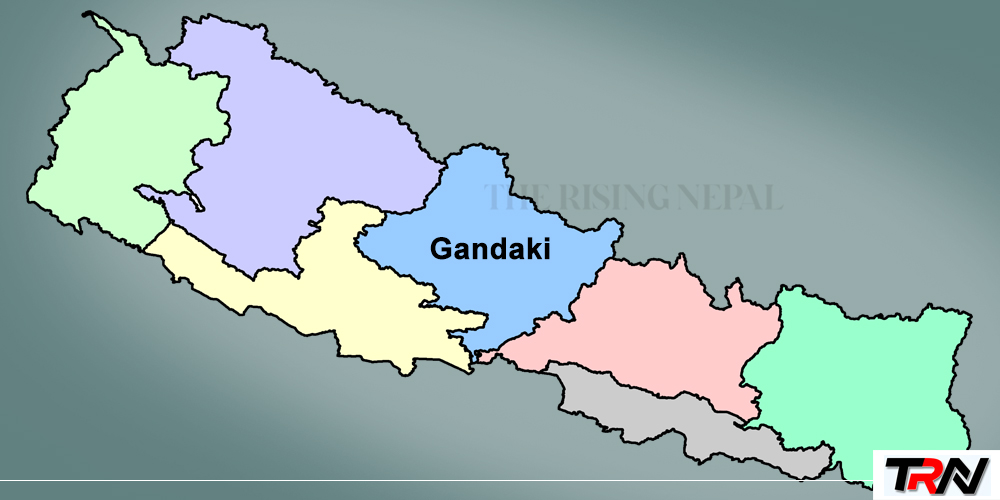

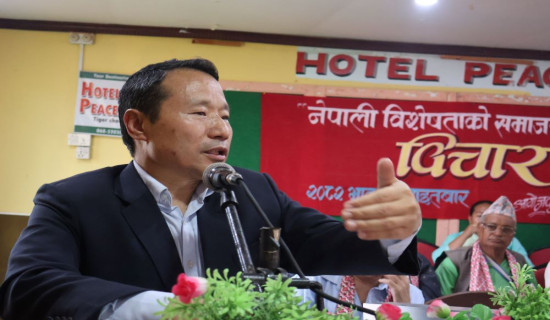
-(1)-square-thumb.jpg)
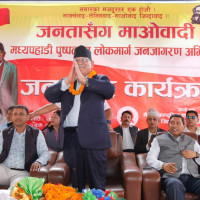

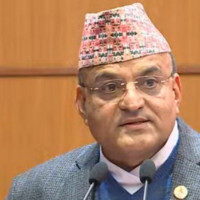

-original-thumb.jpg)
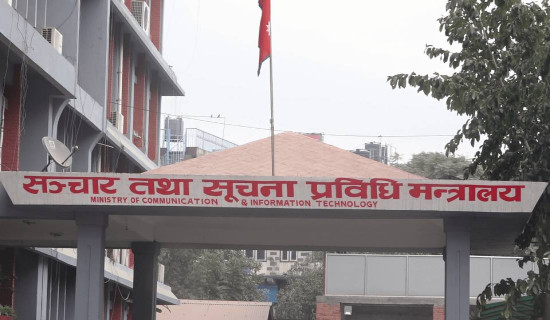
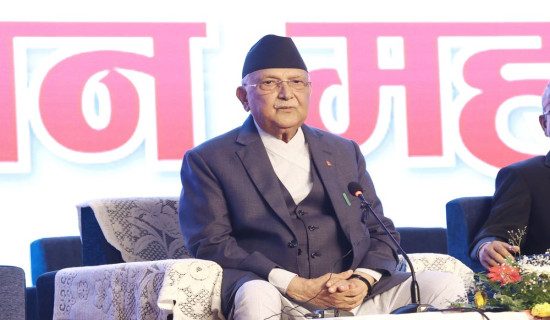
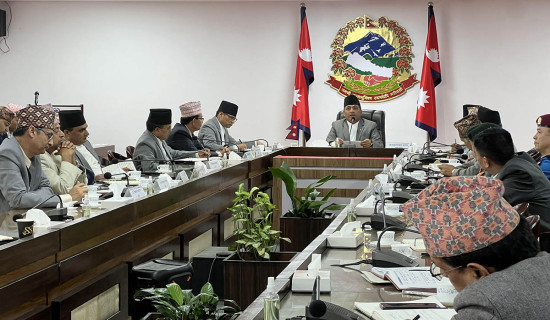
-(1)-original-thumb.jpg)
